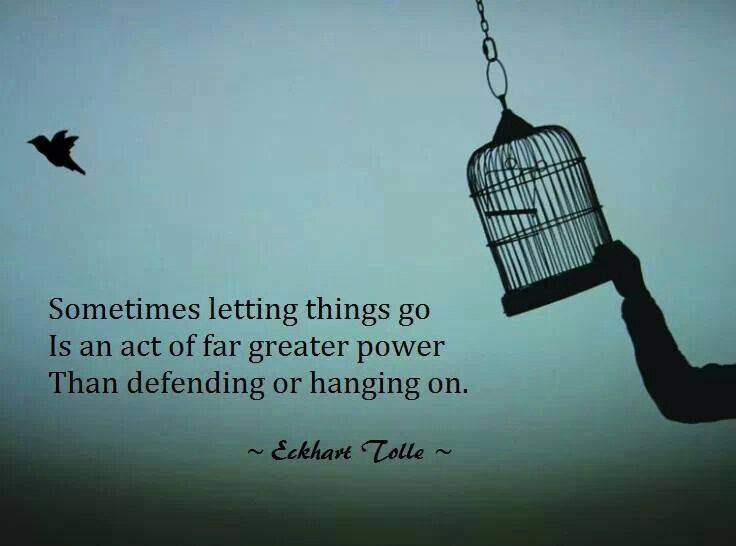Are You Emotionally Attached to Your Company Stock?
I work with a lot of clients who are in their 50s and 60s. They’ve put a lot of time and effort into building careers they are proud of, and as they reach retirement age, they want to maximize their investment strategy to ensure they are able to take advantage of everything they want to do when they stop working. However, I’ve noticed a harmful trend among the clients who have worked for one company for the majority of their careers or who have built their own business: attachment to their company stock. Though they may be open to some more aggressive investment strategies and tend to take my advice in many other parts of their portfolios, some of these clients stubbornly hang on to company stock that is not furthering their financial goals. Why? I’ve found the attachment they have to the stock is an emotional one, and it makes perfect sense. Here is why you may be emotionally attached to your company stock and how you can ease that attachment before it ends up hurting you.
Reasons Why You May Be Emotionally Attached to Company Stock
True emotional investors are ones who are swayed by financial news, get freaked out when their stocks dip, and are constantly on the phone to their advisors to get reassurance or advice. Those who are emotionally attached to their company stock usually aren’t like this. They tend to see the big picture regarding their other investments, but they have blinders on when it comes to company stock. The reason is that most of these investors are extremely proud of their company stock. In their minds, it’s inextricably tied to the years of work they put in at their company and to sell it means to negate everything they did to build their career. If they own a significant amount of shares of a company they helped build, this attachment is especially strong.
When you really get to know yourself and how your emotions and thoughts impact your actions, you may find that your company stock doesn’t really fit into your overall strategy at all. You may see that you’re holding onto something because of how it makes you feel (proud) and not what it will help you do (achieve retirement goals). So what’s the solution?
How to Ease Your Emotional Attachment
For most of my clients with emotional attachments, it usually doesn’t work out too well when I try to force them to sell some or all of their company stock and diversify. In fact, in most cases, they’ll dig in their heels deeper and develop even stronger emotional ties. I’ve found that these three steps often help them start easing their attachment so they can make practical decisions:
Understand Your Attachment The first step is understanding that you have an emotional attachment and that it’s clouding your thinking. Once I speak with clients about how they equate their stock with how much they put into their careers, I usually see the light bulb go on. They’ve never really realized that this is why they’re holding on so tightly, and once we are able to talk about it, it almost always starts the process of detachment.
Think Logically After acknowledging they have an emotional attachment, I try to talk logically with my clients. What would happen if the company they retire from crashes and they have all their investments tied up in it? How would this affect their life savings? Their retirement plan? How could they live a fuller retirement if they diversified their portfolio and transferred money into some faster-growing investments? Showing them the logic behind diversification often helps them realize how their emotional attachment is holding them back.
Trust Your Advisor Step three is having trust in me, their advisor. If I’ve provided enough value as an advice-based financial consultant and have gotten them through the first two steps of the process, I usually find they are able to rely on my expertise and make a change. If you don’t trust your advisor, it’s much more difficult to take this last step in the process and your lingering emotional attachment may keep you from diversifying.
Is a large portion of your retirement wrapped up in company stock? If so, you could be hurting yourself in the long run. If you’d like to talk more about your emotional attachment to company stock or you’d like to see if you are making other emotional investing decisions, please give me a call or send me an email. I’d appreciate the chance to talk with you!
[convertkit form=5060596]
 Patrick Tucker, owner of True Measure Wealth Management, has over 20 years experience in the industry and has spent the last 15 years learning the ins and outs of the fee-only advisory business. He focuses on client behaviors and what ‘wealth’ means for each individual client to provide caregiving plans that leads to a mindful fulfillment of financial goals. A lifelong learner, Patrick uses his continued knowledge to become a valued partner for his clients and help them explore the wisdom of true wealth.
Patrick Tucker, owner of True Measure Wealth Management, has over 20 years experience in the industry and has spent the last 15 years learning the ins and outs of the fee-only advisory business. He focuses on client behaviors and what ‘wealth’ means for each individual client to provide caregiving plans that leads to a mindful fulfillment of financial goals. A lifelong learner, Patrick uses his continued knowledge to become a valued partner for his clients and help them explore the wisdom of true wealth.

